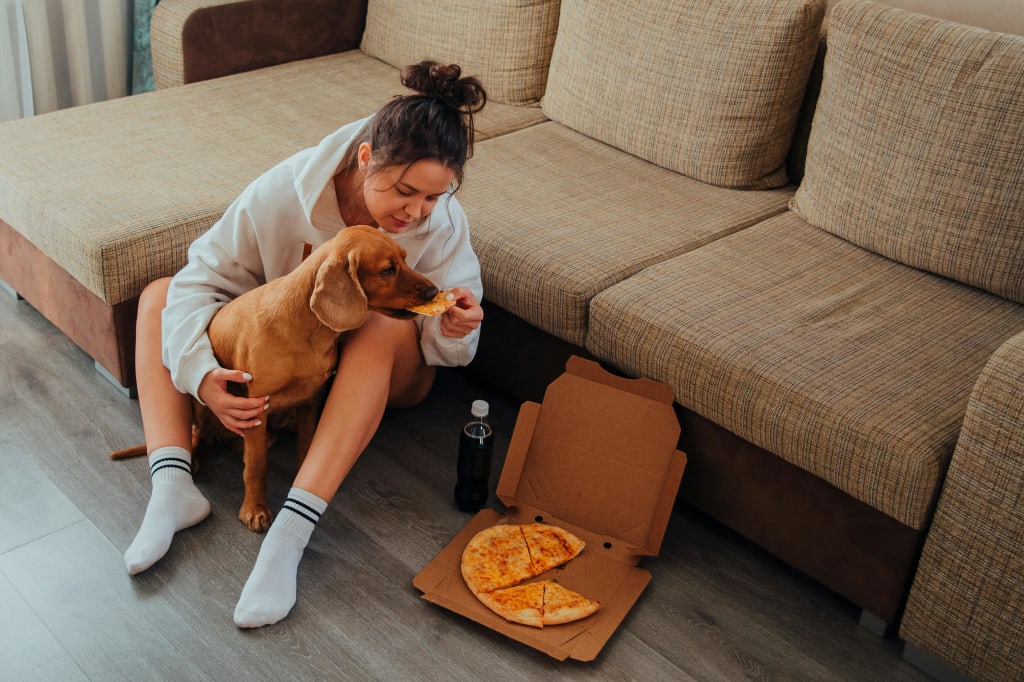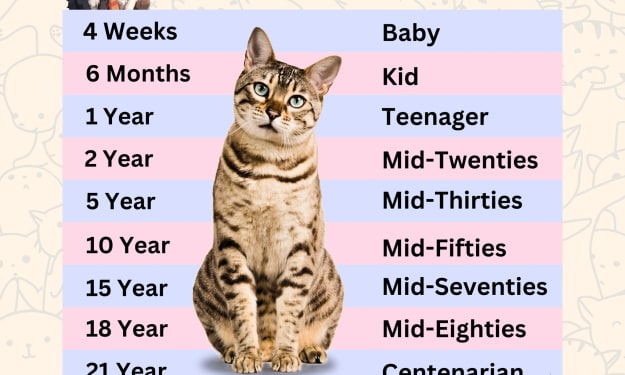How Many Times a Day should a Dog Eat
Your Dogs Feeding Schedule What is the Best Time to Feed a Dog

Determining how many times a day your dog should eat depends on several factors, including age, activity level, and overall health. Puppies, for instance, have different nutritional needs than adult dogs, while senior dogs may require a different feeding schedule altogether. Let’s dive into the basics of a dog feeding schedule and the best times to feed your furry friend to ensure they stay happy and healthy.
Understanding Your Dog’s Feeding Schedule
A dog feeding schedule is simply a routine you set for feeding your dog. It includes the number of meals per day, portion sizes, and the timing of each meal. Establishing a regular feeding schedule is crucial as it helps maintain your dog's digestive health and ensures they get the right amount of nutrients throughout the day. It also helps prevent overeating or underfeeding, which can lead to weight issues or nutritional deficiencies.
How Often Should You Feed a Dog?
The frequency of feeding your dog can vary based on their life stage and specific needs:
Puppies: Puppies have small stomachs but high energy needs, so they require more frequent meals. Generally, puppies should be fed three to four times a day until they are about six months old. After six months, you can gradually transition to feeding them twice a day.
Adult Dogs: Most adult dogs do well with two meals a day, ideally spaced about 12 hours apart. This schedule helps keep their energy levels stable and supports healthy digestion. Some small breeds or highly active dogs might benefit from three smaller meals a day to help manage their energy levels.
Senior Dogs: Senior dogs often have slower metabolisms and may benefit from two smaller meals a day. If your senior dog has health issues, such as diabetes or kidney disease, consult your vet for a feeding schedule tailored to their needs.
What is the Best Time to Feed a Dog?
Finding the best time to feed your dog can depend on your daily routine and your dog’s activity levels. Here are some tips for establishing an optimal feeding schedule:
Morning Meal: Feeding your dog in the morning can provide them with the energy needed for the day ahead. Try to feed them at a consistent time each morning to help regulate their digestive system.
Evening Meal: The second meal of the day can be scheduled for the evening, about 12 hours after the morning meal. This helps maintain a balanced energy level throughout the day and prevents your dog from feeling overly hungry at any point.
Avoid Late-Night Feeding: It’s best to avoid feeding your dog right before bedtime, as it can lead to indigestion and make it harder for them to sleep. Ensure there’s enough time for them to digest their evening meal before bedtime.
Tips for a Successful Feeding Schedule
Consistency is Key: Dogs thrive on routine. Try to feed your dog at the same times each day to help them anticipate meal times and maintain a healthy digestive system.
Measure Portions: Use a measuring cup to ensure you’re giving your dog the correct portion size based on their weight, age, and activity level. Overfeeding can lead to obesity, while underfeeding can result in nutritional deficiencies.
Monitor Their Weight: Regularly check your dog’s weight and adjust their food intake as needed. If you notice any significant changes in weight, consult your vet for advice.
Fresh Water: Always provide fresh water alongside meals to keep your dog hydrated.
Healthy Treats: If you give your dog treats, factor them into their daily calorie intake to avoid overfeeding. Treats should make up no more than 10% of your dog’s daily calories.
Conclusion
Feeding your dog the right amount of food at the right times is crucial for their overall health and well-being. Puppies, adult dogs, and senior dogs have different nutritional needs and require feeding schedules tailored to their life stages. By establishing a consistent feeding routine, measuring portions accurately, and monitoring your dog’s weight, you can ensure your furry friend stays healthy and happy. Always consult your vet if you have any concerns or questions about your dog’s diet and feeding schedule.
About the Creator
Safdar Hussain
Telling the stories my heart longs to share. ❤️ Life is a journey, not a competition.
If you appreciate what you read, feel free to leave a tip. Your feedback means the world to me!
Enjoyed the story? Support the Creator.
Subscribe for free to receive all their stories in your feed. You could also pledge your support or give them a one-off tip, letting them know you appreciate their work.






Comments
There are no comments for this story
Be the first to respond and start the conversation.